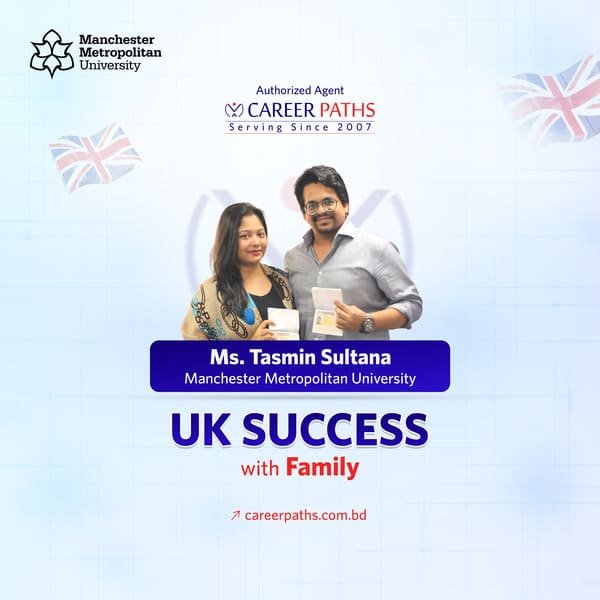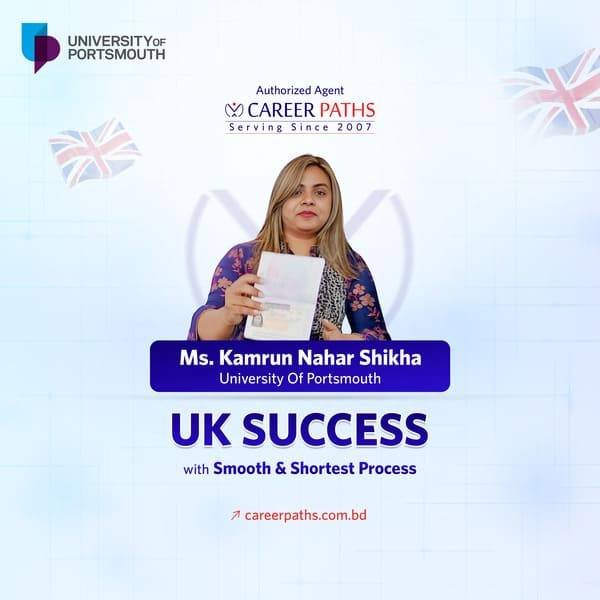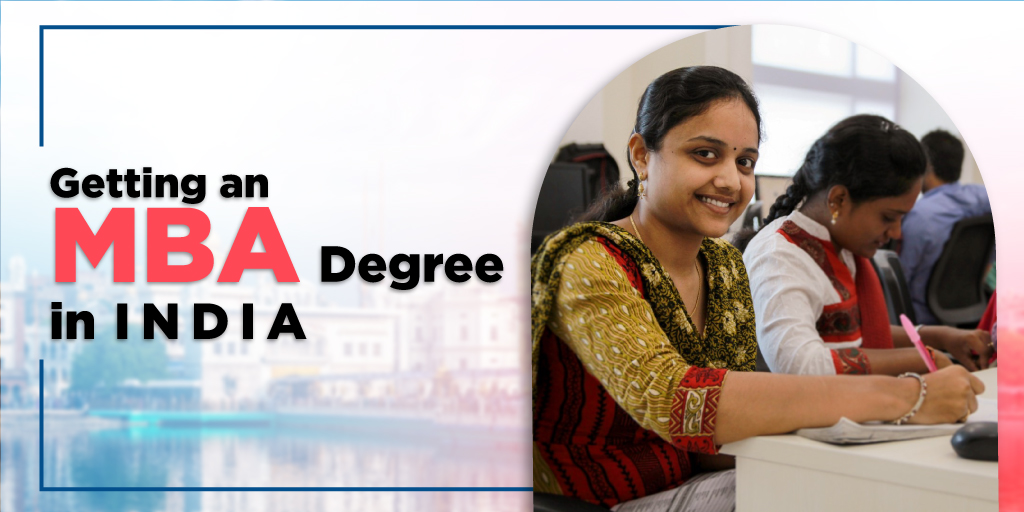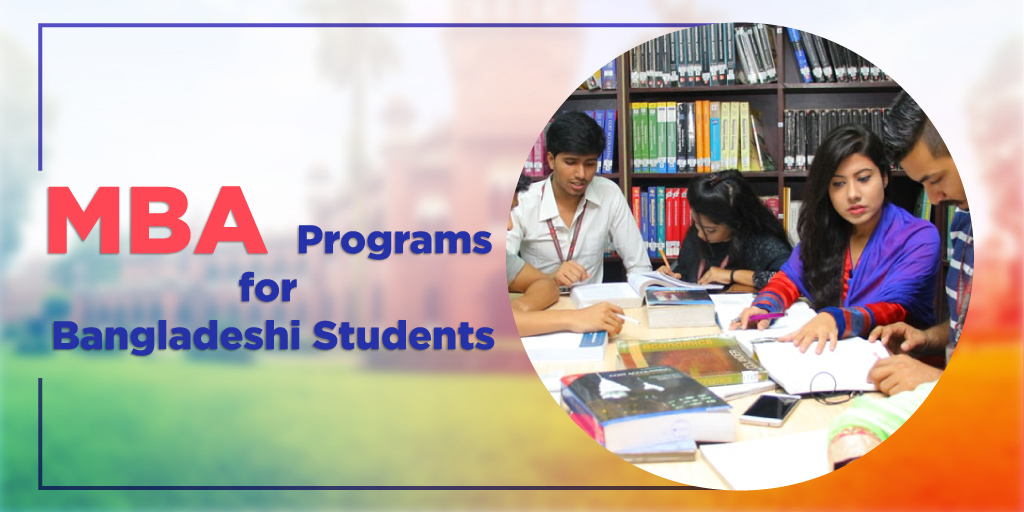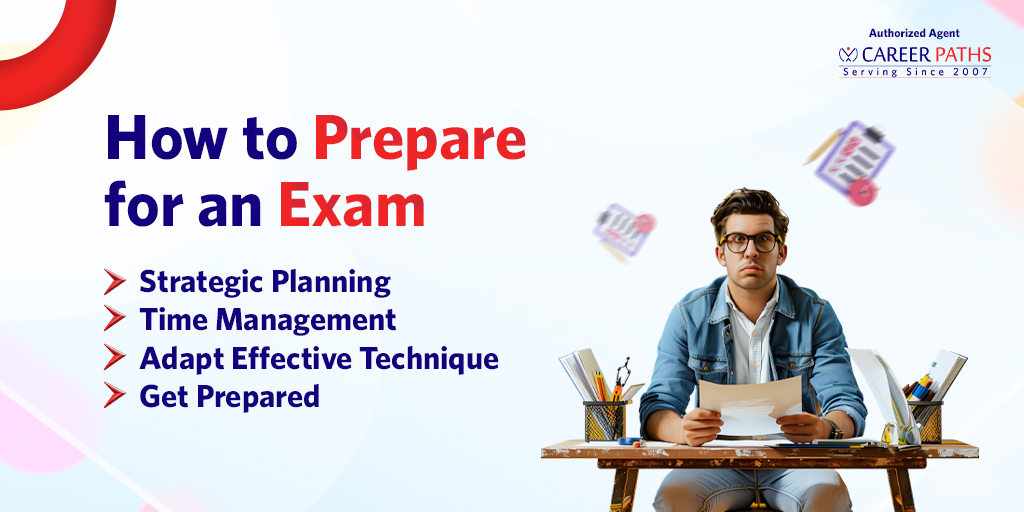
Introduction
Examination appears to us as a mechanism to show our knowledge and intelligence that we have gained, and also a thing of stress and anxiety. It can be an inflection point for our life-changing moment, as it reveals our academic excellence or a helpless surrender. Therefore, how can we be well-prepared for the examination? It is a thing of consistency and strategic planning rather than desultory and cramming. Without following a consistent way, it can take us into a world of stress and anxiety at the time of the examination. So, it deserves a long-term vision, not just a glance at the night before the exam. Let’s explore it thoroughly to understand how we can be well-prepared for the examination and secure a good academic record that will impact the rest of our lives.
Strategic Plan and Start Early
The exam requires a deep understanding of something for its complete excellence, and obviously, a deep understanding deserves a time frame that can be gained through consistent study habits. Therefore, it needs to be planned early and followed regularly. You can make a plan for your regular study depending on the subject matter and follow it. With a regular flow, you can easily complete the required things for the examination. If consistency breaks, it will impose extra pressure on the other days and make you cram things the night before the exam, harming your exam performance. Therefore, try to get ready early and make yourself strong enough to face the difficulty; otherwise, stress and anxiety will be your ultimate buddy on the exam day.
Effective Time Management
Time management is essential for exam preparation. You have to plan your study sessions and distribute enough time for each task, some tasks may require more time than others. Then prioritise your tasks, place the most critical one first, and study accordingly.
Hide Away Distractions
Interactive learning techniques incorporate three key components: engagement, interaction, and feedback. So, you need to engage with the content and solve the problems, and interact with the relevant content and problems. It can be done through summarising, note-taking, and teaching others. You can learn things by actively engaging with them. Teaching is one of the most effective ways to strengthen your learning, so you can go with it.
Take Good Notes and Use Them
Top grade achievers take notes while reading a text. It helps to gather important information concisely and take a look whenever needed. Therefore, take note when you study a text and while listening to a lecture. It assists you in understanding your way and a teacher’s perspective, which ensures a comprehensive viewpoint on the subject matter. Taking notes drives you to pay more attention and effectively engage with the topic, encouraging you to comprehend and remember the information later.
Understand Your Learning Style
There are various types of learners, including visual, auditory, reading/writing preference, and kinesthetic, and they prefer different learning styles. Visual learners enjoy learning using charts, maps, graphs, diagrams, and many more, they can understand easily when information is represented with patterns, shapes, and other visual aids. Auditory learners’ best way of learning is when they hear information or speak about. They benefit from lectures, group conversation, and diverse strategies that involve talking. Some students learn with a reading/writing preference, presenting information using words. Kinesthetic learners prefer to learn with practical experience: “People who prefer this mode are connected to reality, either through concrete personal experiences, examples, practice, or simulation.” Therefore, you first find out what type of learner you are. It will help you choose your learning style and learn effectively.
Take a Break
You should take a break while reading because it can refresh the brain, boost energy, productivity, and the ability to concentrate. You can follow the Pomodoro Technique. Pomodoro Technique is a time-management method that encourages enhancing attentiveness and productivity by fragmenting study periods into 25-minute parts, followed by short breaks of 5 minutes. Implementing this technique can be a game-changer for your study. Following four cycles, you can go with a lengthy break of 15-30 minutes. It will help you not to be overwhelmed with information, instead of in a state of being refreshed.
Focus on Mental Health
Continuous reading without a pause can lead you to be overwhelmed, and you will face stress, anxiety, and fatigue. Therefore, you should concentrate on mental calmness and mindfulness. Meditation can play a decisive role in being free from stress and anxiety. So, you can place meditation as a regular activity. When you feel burned out, walk to the place you like, talk with the person you admire, see the painting you enjoy, and listen to the music you prefer.
Healthy Food Habits
Nutritious food habits can be sparked in exam preparation as it is interconnected with the human brain, where learning occurs. Healthy food habits make the brain healthy, which enhances learning. Taking a balanced diet with an abundance of fruits, vegetables, whole grains, lean proteins, and healthy fats. Bad food habits take your health to a vulnerable condition and a loss of energy and concentration. So, eliminate processed and sugary foods; instead, prefer nutrient-dense foods, including nuts, seeds, and berries, that enhance brain function. Drinking enough water can enrich cognitive performance and prevent fatigue.
Test Yourself
Before sitting for an exam, you can test yourself with your questions, following the pattern of real exam questions. Take the question paper, a limited time, and start writing and stop when the time ends. Now, look over your writing, and if it isn’t satisfactory, review again and fill in your omissions. Proper time management is a fundamental element for the exam, as it leads to responding to all the questions satisfactorily, and testing yourself will help you to track the path easily.
Hide Away Distractions
Now the world is full of distractions, including social media, phone calls, emails, and many other things. During study time, hide away all of these distractions and focus extensively on your study only. An hour of attentive study is more effective than just going through the books for days, putting your mind in other places. By putting electronic devices beside books, you just deal with the distractions, not the study. It is an ineffective study, just a waste of time. So, don’t take such distractions while studying.
Preparation for Exam Day
Take all the necessary things required for the exam, at least the night before the exam, and recheck them. Pens, pencils, a calculator, and other necessities such as a bottle of water. Sleep early at night and have a sound sleep, which boosts your brain in implementing better and thinking clearly.
Arrive Early
Arriving early on the exam day can reduce your stress and maintain a positive state of mind before the exam starts. Then, find your seat quickly and take the materials you need. Try to be physically comfortable. By settling in early, you will find enough time to relax, organise, and mentally prepare for the test. Therefore, plan to arrive sometime earlier, not just in time, which can lead to an uncomfortable situation in the exam hall.
Develop Positive Rituals
Positive rituals mean confidence and a positive mindset, which can combat negative thinking, stress, test anxiety, and lack of focus. These elements can undermine your test score on the exam day. So, you should develop a positive ritual, imagining your success on the test.
Conclusion
Securing an excellent academic record requires following consistency and organised study, otherwise, it is almost impossible to achieve this height. If you expect good preparation for the exam, you should follow the abovementioned strategies.

